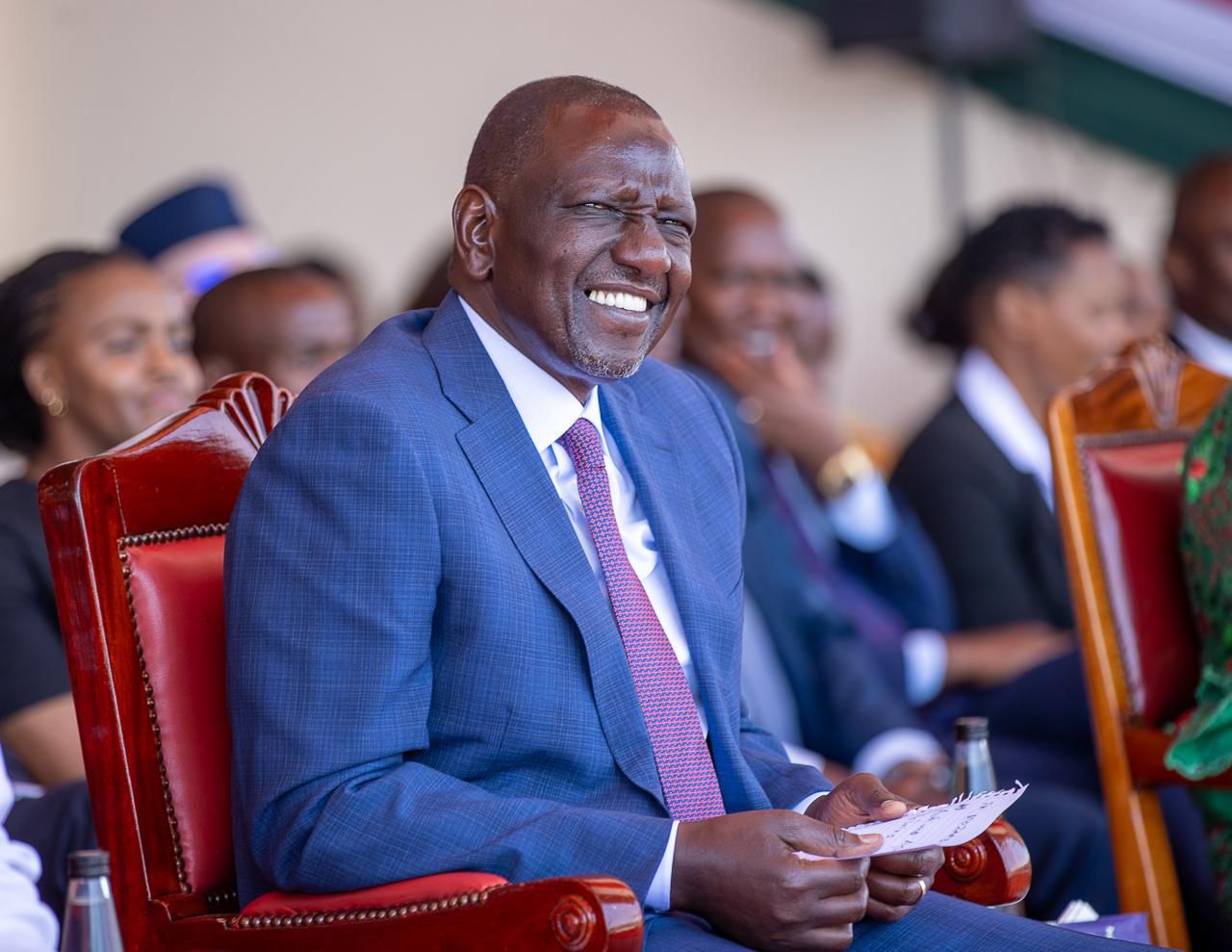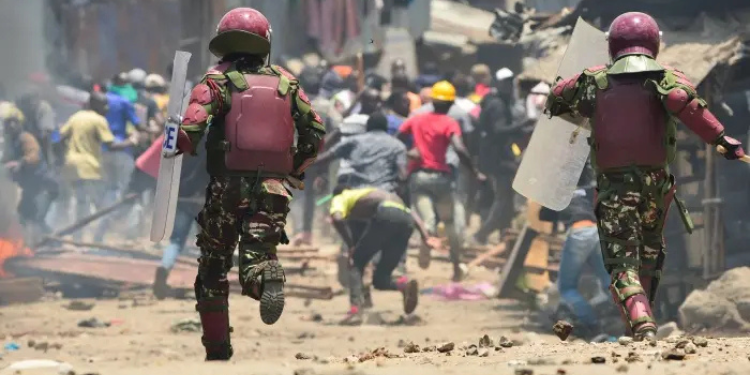Many constitutions around the world recognize the sovereign power of the people, often through explicit statements in the preamble or foundational articles. While the exact number is difficult to pinpoint due to variations in constitutional language and interpretation, the principle of popular sovereignty is a cornerstone of modern democratic governance, reflected in the constitutions of numerous countries.
Sovereignty of the people postulates that the ultimate source of political power lies with the people, who delegate certain powers to their government. Many constitutions explicitly state this, either directly or through related concepts like “the will of the people” or “self-determination.
Countries like the United States, France, and India, among many others, incorporate the principle of popular sovereignty into their foundational documents. For example, the U.S. Constitution begins with “We the People,” while the French Constitution states that national sovereignty belongs to the people.
Police Brutality: A Never-Ending Cycle of Pain and Suffering
Kenya is one such country whose constitutional text recognizes this inalienable power. Its preamble begins with the words ‘We, the people of Kenya’ in cognizance of this principle of sovereignty.
However, this power is only exercisable as per the constitution and either directly or through democratically elected officials. Now the Kenyan constitution just like many similar progressive texts around the world recognizes the importance of institutions.
Article 243 establishes the National Police Service and specifies its composition. The functions and objects of the service include observance of professionalism, discipline, prevention of corruption, transparency, accountability, and respect for human rights.
However, the true picture of this institution is stark contrast from what was envisaged by the drafters of the constitution. Instead of a police service, what we have in its place is a force, never available when needed but will find you when they do need you.
This is the riddle of the Kenya police, because since the beginning of human civilization, the police have been a force of oppression rather than one of good.
The tragedy of police brutality today is unlike anything witnessed since Kenya’s independence. The police have reportedly murdered at least 31 Kenyans, and those are the reported cases.
One such case of brutal cold-blooded murder is that of Albert Ojwang, a young teacher arrested for allegedly blogging a story about the most corrupt police officer in Kenya.
Instead of being celebrated, this young man was tracked down, arrested, and severely brutalized to death at the hands of the police following an exposé of Kenya’s Deputy Inspector General Eliud Lagat the chief complainant.
So far Mr. Lagat who only “stepped aside” after intense public pressure and protests, which only grow louder and more violent, is still in office receiving the perks and protections that come with it.
As if that is not enough, since Albert Ojwang’s passing, scores of youths have been killed, abducted, tortured and detained for all manner of allegations with the latest casualties being Monday’s SabaSaba commemoration where 12 people are reported dead by the hand of the police and with the way things seem, it’s not going to stop anytime soon.
And just when you thought things couldn’t get worse, two (2) bloodthirsty and overzealous constables decided to shoot an unarmed civilian selling disposable masks execution style in the full glare of media cameras.
Like the audacity in these cops is baffling if not outrightly foolish. But despite these many incidents, no accountability seems to be taking hold with the service increasingly returning to its past label, the Kenya Police Force.
The question confronting every Kenyan now is, do we even need the police? The only thing the Police seem to be good at is tracking government critics, abductions, and extra-judicial killings on top of their stellar record of corruption, poor service, and lack of accountability.
I mean, it’s like they are angling for the top prize in notoriety, which they would win undoubtedly.
Call for an End to Police Brutality
Police brutality is more commonplace than even armed robbery or endless lies by government politicians during their roadside rallies. It is so commonplace that it has touched people from all social statuses and cadres: judges, politicians, ordinary civilians are all potential targets.
It knows no bounds or social class. Whether you are a ‘nobody’ in some shanty slum in the city or a resident in a leafy suburb, when they come for you, you shall pay a heavy price.
Worse still, despite the recent spate of killings by the police, they only seem to be getting bolder each passing minute.
At the height of their violence in 2024, they killed 60 protestors while abducting scores of others. If I could name all the people killed in cold blood by the police and I would write a whole encyclopedia but what good would that do anyway?
Also Read: Ex-Govt Spies Join Forces Against Kenya Police Officers
They will probably kill again. Should I remind you they killed a doctor trying to administer first aid to protestors shot at the breach of parliament in June of last year?
And a few weeks ago, a motorbike rider in Nakuru was assaulted and robbed of his motorbike and valuables by get this, the Kenya police. At the time of the robbery, he did not know that they were police officers, as he was busy pleading for his life.
It was when he went to report the incident at the station that he realized that two of his assailants were actually officers taking his report. The OCS refused to receive his complaint, and consequently, fearing retribution from the officers, he ran to the media.
Why do we say we need to put an end to police brutality? Because police brutality is such a broad term for illegal crimes committed by those required to enforce the law and uphold order.
These crimes include murder, abductions, torture, harassment, intimidation, excessive use of force, assaults, including sexual assaults and lack of intervention, and corruption. These are just a fraction of what police worldwide have been accused of doing.
Comparative analysis suggests that several countries consistently rank high for safety, with low crime rates and relatively low levels of police brutality. Iceland, New Zealand, and Denmark are frequently cited as top performers in this regard, often topping global peace and safety indexes.
Other countries like Ireland, Austria, Singapore, and Switzerland also demonstrate high levels of safety and security while equally having a disciplined police service.
Reforms Towards Ending Police Brutality
Solution? Perhaps we should completely de-link the police from the presidency. The President is the head of all armed forces of the Republic.
As such, for every death, injury, looting, and destruction at the hands of the police is on him. And judging by the current numbers, he has stacked a lot of bodies, and it seems it’s never going to end anytime soon.
First, a President is a symbol of national unity, and no unity can be achieved with death and destruction by the head and commander-in-chief of the police.
It is not merely enough to autonomize the funding of the police, but a complete detachment is absolutely necessary. Otherwise, the president should stop complaining about the hatred hurled at him.
He is solely responsible for all the conduct by the police, since the police only act on orders, and those orders can only come from above.
Also Read: How to Join KDF Military Police: Requirements, Process, and Salary
And with the directives issued so far, including ‘shoot to maim’ proclamations on roadside barazas on protestors agitating for good governance and accountability, what is left to be seen is who blinks first.
Another perhaps suitable method of checking police excesses is the mandating of every officer on duty to wear a body camera.
These devices have proven time and again to be a reliable tool of ensuring accountability, especially in advanced jurisdictions like the United States of America, and with advancements in technology like cloud storage, this introduction would revolutionize how communities are policed all over Kenya and indeed regionally.
Finally, for purposes of ensuring a proper overhaul of the police force, it is important to undertake mandatory re-training of all officers with a new, more humane form of police training that is cognizant of human rights, conflict de-escalation, and also firmness.
This, if implemented correctly, would completely revamp the police force into a more humane service-oriented organ of law enforcement. But if any reforms need to be achieved, then of immediate importance is an end to the existing impunity and corruption that bedevils the force.
This article was written by Francis Mwaura Muroki [email protected]
Follow our WhatsApp Channel and X Account for real-time news updates.



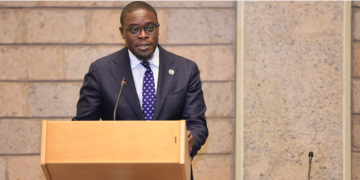
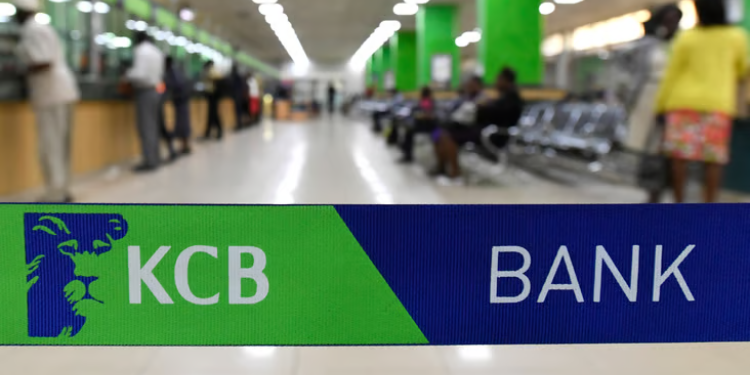
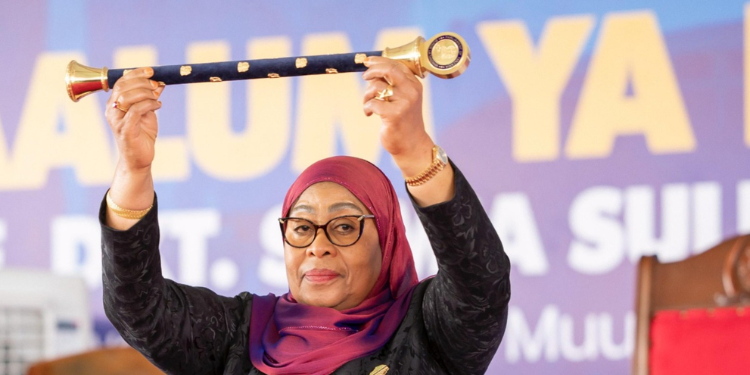
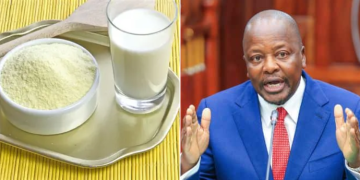
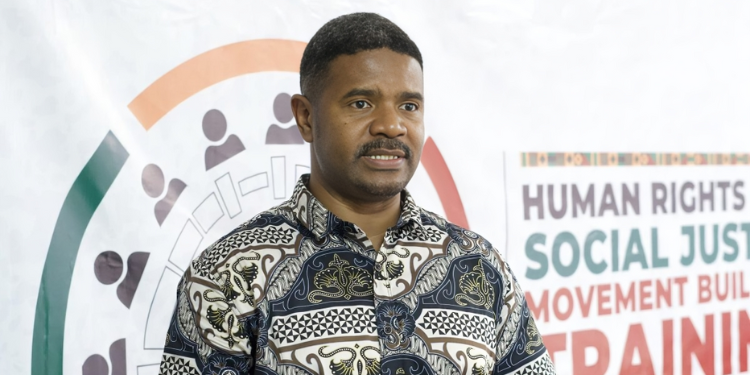
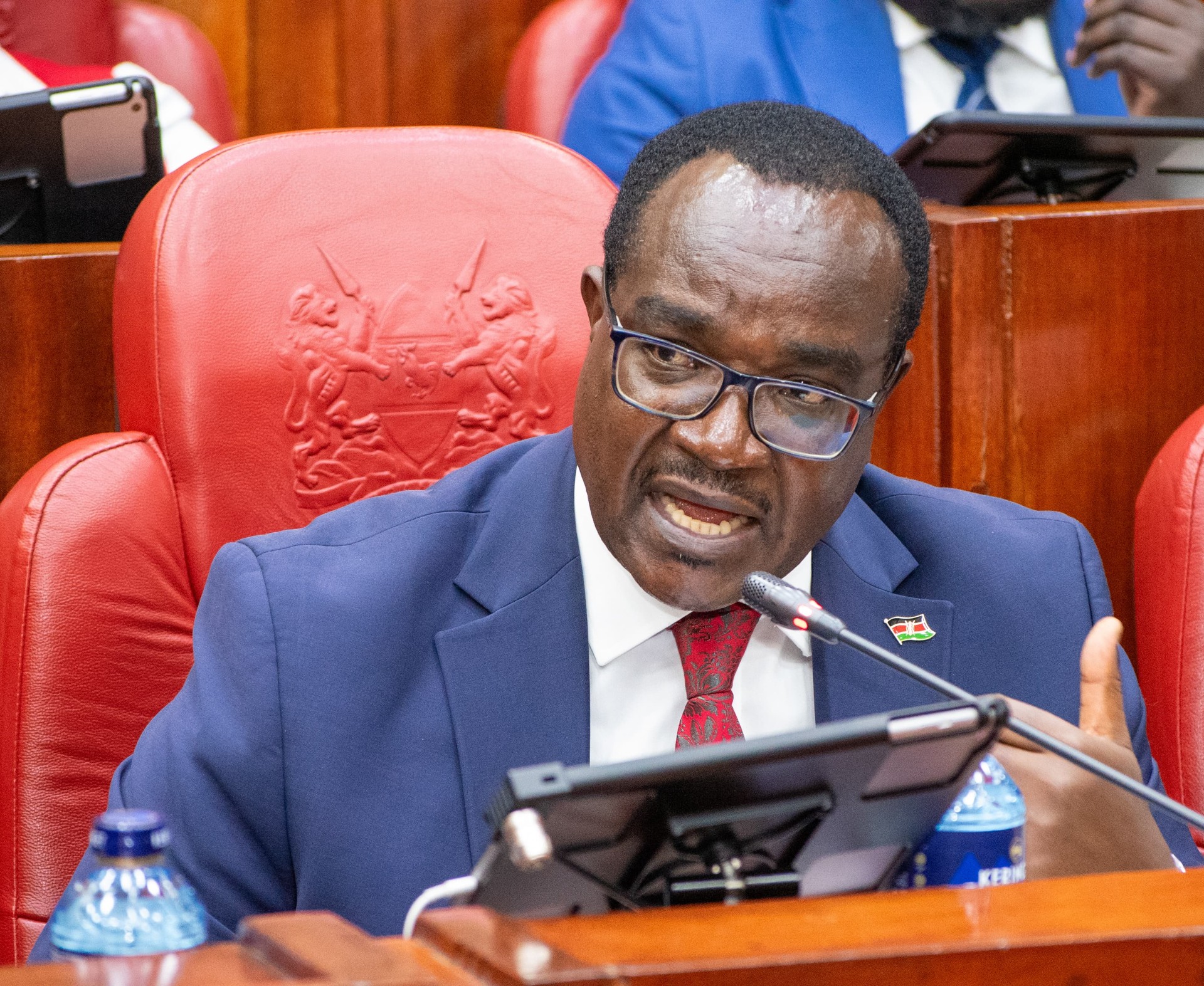

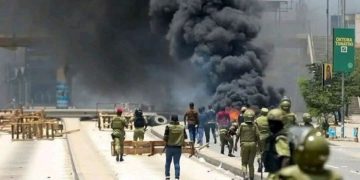







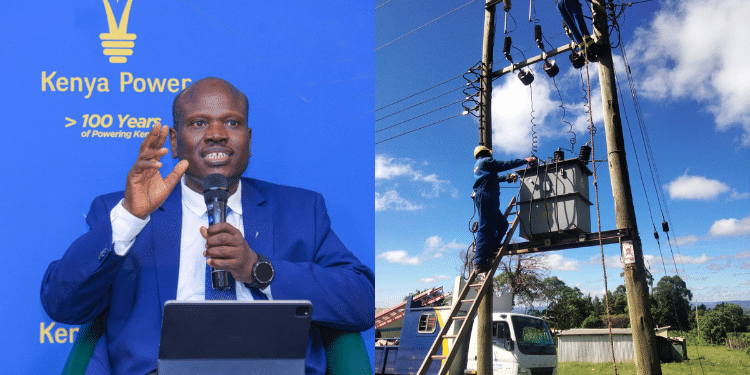
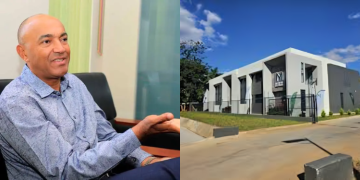



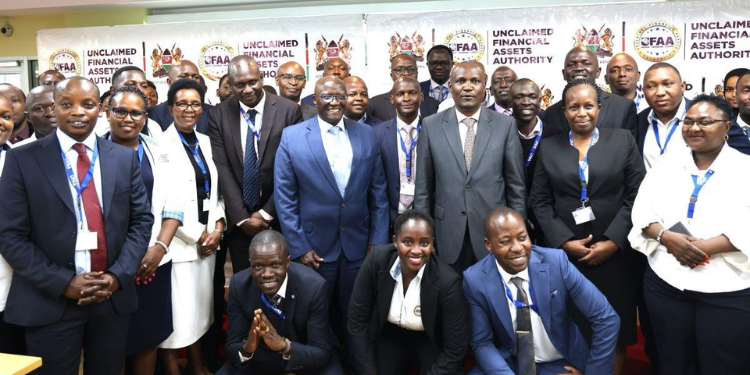
























![Senator Allan Chesang And Chanelle Kittony Wed In A Colourful Ceremony [Photos] Trans Nzoia Senator Allan Chesang With Channelle Kittony/Oscar Sudi]( https://thekenyatimescdn-ese7d3e7ghdnbfa9.z01.azurefd.net/prodimages/uploads/2025/11/Trans-Nzoia-Senator-Allan-Chesang-with-Channelle-KittonyOscar-Sudi-360x180.png)


















